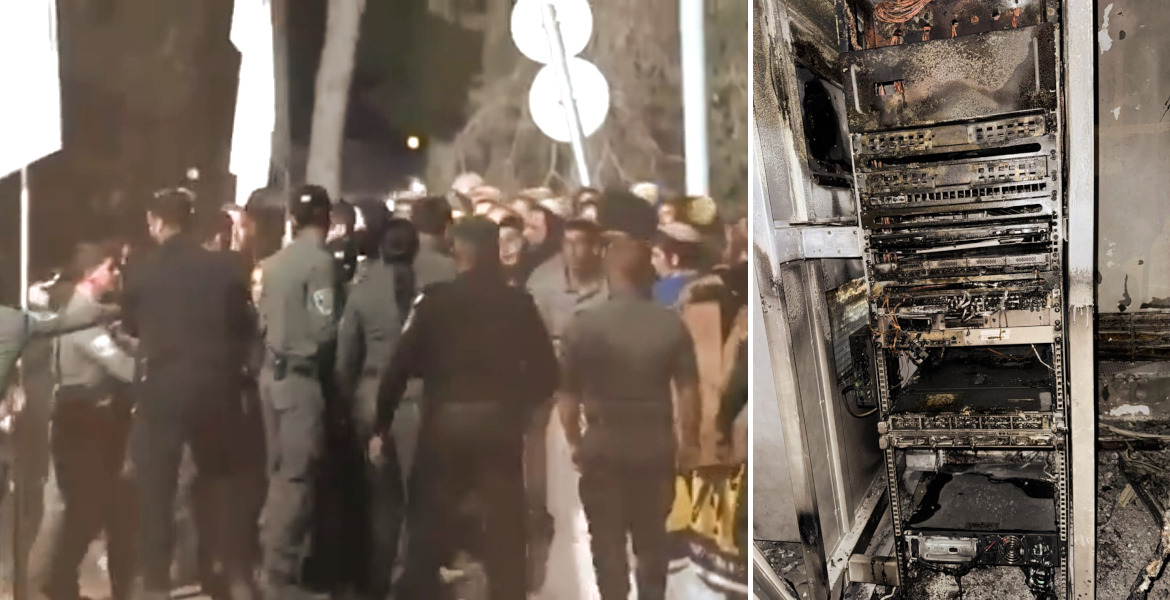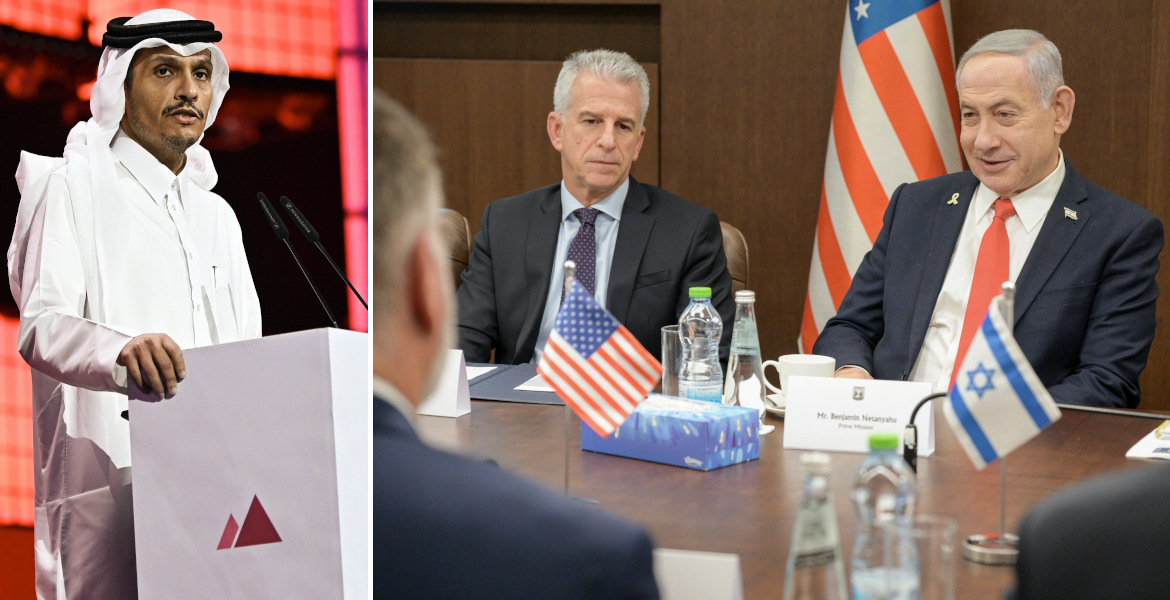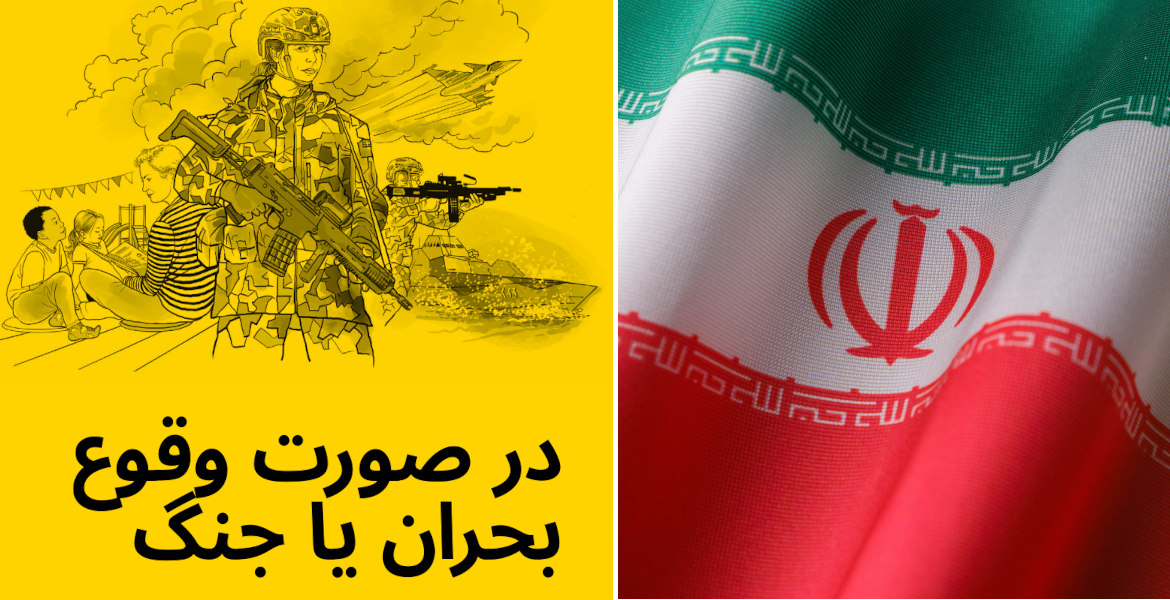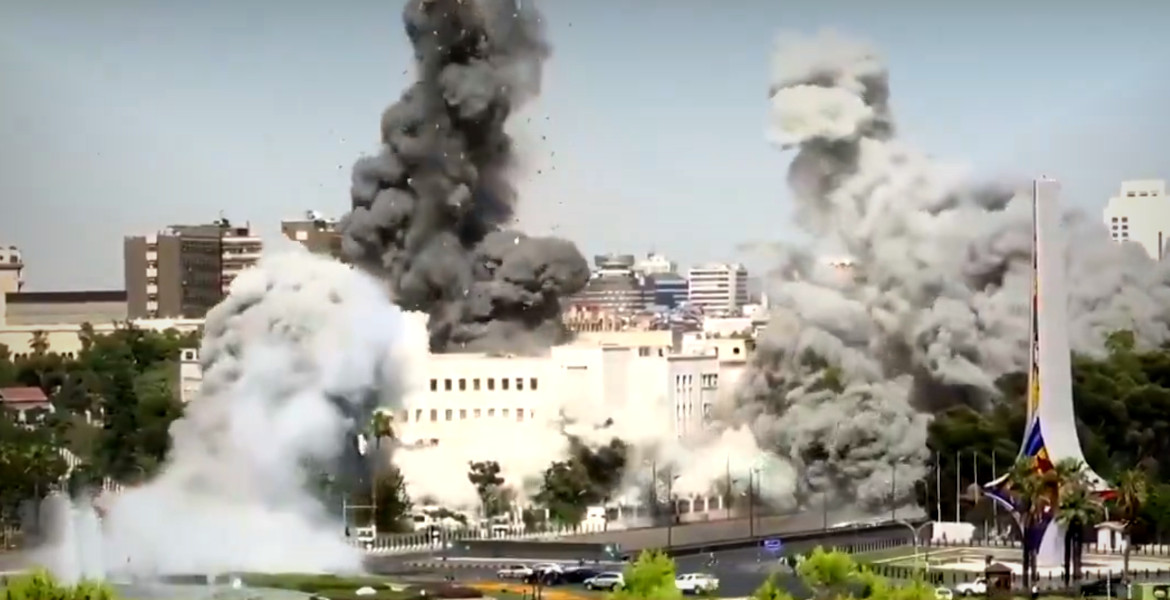A large number of extreme Jewish settlers attacked an Israeli military base in the occupied West Bank on Sunday evening. According to the IDF (Israel Defense Forces), vehicles were vandalized, property was set on fire, graffiti was sprayed, and soldiers were attacked.
The attack is described as one of the most serious incidents where settlers have turned against their own country's security forces. The violence follows several similar attacks targeting Palestinian villages and communities, and growing anger over Israeli authorities arresting several of those responsible.
On Wednesday, over 100 settlers invaded the town of Kfar Malik, set fire to property and opened fire on Palestinians trying to defend their homes, according to Najeb Rostom, head of the local council. Three Palestinians were killed after Israeli military intervention. Five settlers were arrested in connection with the attacks.
– No civilized country can tolerate violent and anarchic acts of burning a military facility, damaging IDF property and attacking security personnel by citizens of the country, Israeli Prime Minister Benjamin Netanyahu said.
במהלך הלילה, מספר אזרחים ישראלים הציתו והשחיתו אתר ביטחוני ובו מערכות המסייעות לסיכול פיגועים ולשמירה על הביטחון במרחב חטיבת בנימין.
פגיעה באתר מהווה סכנה לבטחון התושבים.
צה״ל מגנה כל גילוי אלימות כלפי כוחות הביטחון, ומצפה מכוחות הביטחון למצות את הדין עם הישראלים הפוגעים בכוחות… pic.twitter.com/yKlVZRps6I
— צבא ההגנה לישראל (@idfonline) June 30, 2025
Images in Israeli media show young, religious men associated with "hilltop youth", a militant settler movement long accused of systematically attacking Palestinians and their property. The movement often establishes illegal outposts in the West Bank and has become a symbol of the most violent branch of the settler movement.
"Jewish extremists"
Security forces used stun grenades to disperse the crowd at the military base north of Ramallah, and the military published images of damaged infrastructure, which was reportedly used to prevent attacks and maintain security.
Security Minister Itamar Ben-Gvir (Jewish Power party) – himself previously convicted of racist incitement and supporting terror groups – unusually condemned the attack:
– Attacking security forces, security facilities, and IDF soldiers who are our brothers, our protectors, is a red line, and must be dealt with in full severity. We are brothers, he wrote on X.
Opposition leader and centrist Yair Lapid was much more direct:
– These are Jewish terrorists, gangs of criminals, who feel backed by the (governing) coalition, he said on Israel Army Radio.
Over a hundred Israeli settlers rioted outside the Headquarters of the Binyamin Regional Brigade last night near Ramallah in the West Bank, damaging military vehicles and attacking officers as well as soldiers with pepper spray and rocks. This riot follows several days of… pic.twitter.com/2veRJ6EJhM
— OSINTdefender (@sentdefender) June 30, 2025
Settlers attack West Bank's last Christian village
Ben-Gvir has long defended settler violence, and his influence has grown under Netanyahu's leadership. Critics argue this has legitimized increasingly extreme violence – even directed at the country's own authorities.
Defense Minister Israel Katz promised to crack down on the violence and urged settlers to immediately start respecting their own country's soldiers.
Israel occupied the West Bank, Gaza, and East Jerusalem during the Six-Day War in 1967. Palestinians claim these areas for a future state. Today, about three million Palestinians and 500,000 Israeli settlers live in the West Bank, but the international community considers the settlements illegal under international law.
Recently, The Nordic Times reported how residents in the last entirely Christian village in the West Bank warned about constant shooting from militant settlers. The newspaper has also highlighted how settlers openly advocate for complete ethnic cleansing in Gaza and consider even Palestinian children to be terrorists.




